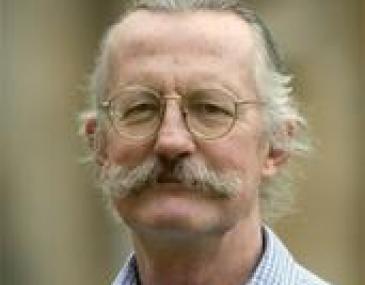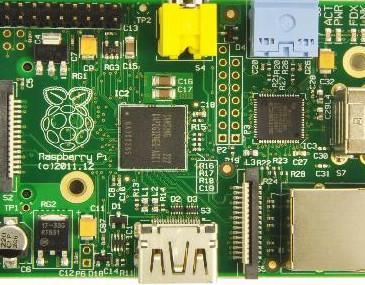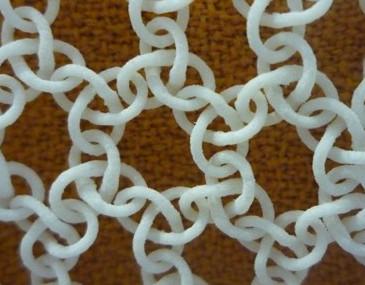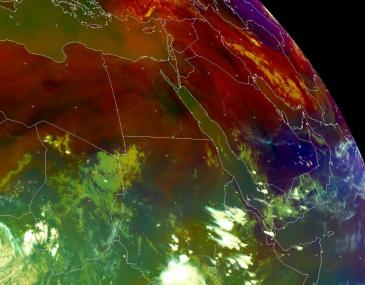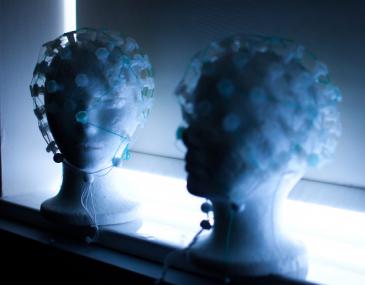This information is for applications with entry in 2024. Please check from end of May 2024 for updates to applications for entry in 2025.
Entry Details
- Typical intake per year: 25
- Typical offer: A*A*A for A Level or 40-42 points with 776 at Higher Level for IB
- Required subjects: A Level/IB Higher Level Mathematics and two of A Level/IB Higher Level Biology, Chemistry or Physics
- Further guidance: A Level Further Mathematics provides useful preparation, particularly for those wishing to study physical sciences. Year 1 courses may also require specific A Level/IB Higher Level subjects; see Natural Sciences Course Outline for details. For Natural Sciences (Physical), if taking IB Higher Level Mathematics, applicants are expected to take Analysis and Approaches. If this option is not available at your school, please contact us for further advice and guidance. For Natural Sciences (Biological), if taking IB Higher Level Mathematics, we recommend Analysis and Approaches for the most competitive application, however Applications and Interpretations will also be considered.
- Admissions assessment: Yes, required at Queens' - a Pre-Registration Assessment
- Submitted work: No, not required at Queens'
Course Details
The Natural Sciences course is the framework within which most science subjects are taught at Cambridge. The course offers a range of biological and physical science options, allowing you to experience new areas of science, discover the interconnections between apparently discrete subjects, and gain an insight into different scientific methods. A broad first year is combined with increasing specialisation in the second year, and the possibility of total specialisation from the third year.
Information about the course structure, departmental teaching arrangements, offered topics and options can be found on the University of Cambridge website: Natural Sciences Course Outline.
Please also visit the Departments’ websites for in-depth subject information and details of current research. All of these sites, as well as suggested reading for prospective students, can be accessed from the Natural Sciences website.
Natural Sciences at Queens’
At Queen's we broadly divide Natural Sciences into Biological and Physical and, accordingly, there are separate Directors of Studies for these two streams. However, many students take advantage of the flexibility and breadth of the Natural Sciences course, combining Biological and Physical subjects in Part I (Years 1 and 2).
We have a very strong Natural Sciences community, with many teaching Fellows covering almost all angles of the Biological and Physical sciences. Several Research Fellows, Post-Doctoral Research Associates and PhD students also contribute to teaching and to an overall atmosphere of shared interest and enthusiasm for science. Around 20-25 Natural Sciences students join the College every year, so the group acts as a community in its own right. The student-run Milner Society unites this community and offers a range of both social and academic activities.
Natural Sciences at Queens' is supported by the Streetly Fund, the Darlington Fund and the Haszeldine Fund.
NatSci at Queens' is great; not only are the supervisors fantastic, but the location is ideal: a 5-minute walk from lectures in town and a 10-minute cycle to West Cambridge!
Guy
Academic and Teaching Staff
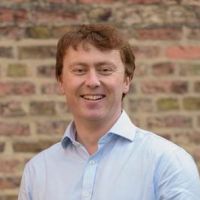 Dr Jamie Blundell, see also Dr Jamie Blundell | Department of Oncology
Dr Jamie Blundell, see also Dr Jamie Blundell | Department of Oncology
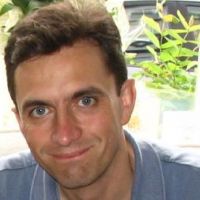 Professor Anthony Challinor, see also Professor Anthony Challinor | Kavli Institute for Cosmology
Professor Anthony Challinor, see also Professor Anthony Challinor | Kavli Institute for Cosmology
 Professor Marie Edmonds, see also Professor Marie Edmonds | Department of Earth Sciences
Professor Marie Edmonds, see also Professor Marie Edmonds | Department of Earth Sciences
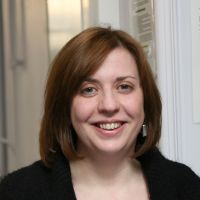 Dr Gillian Fraser, see also Dr Gillian Fraser | Department of Pathology
Dr Gillian Fraser, see also Dr Gillian Fraser | Department of Pathology
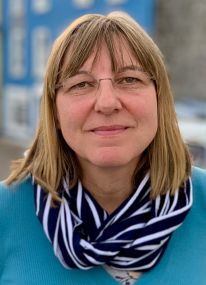 Dr Jane Garrison, see also Dr Jane Garrison | Department of Psychology
Dr Jane Garrison, see also Dr Jane Garrison | Department of Psychology
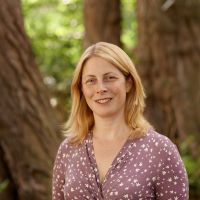 Professor Beverley Glover, see also Professor Beverley Glover | Department of Plant Sciences
Professor Beverley Glover, see also Professor Beverley Glover | Department of Plant Sciences
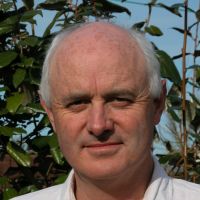 Professor James Jackson, see also Professor James Jackson | Department of Earth Sciences
Professor James Jackson, see also Professor James Jackson | Department of Earth Sciences
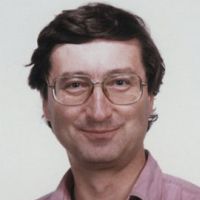 Dr Howard Jones, see also Dr Howard Jones | Department of Chemistry
Dr Howard Jones, see also Dr Howard Jones | Department of Chemistry
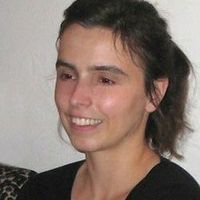 Dr Edwige Moyroud, see also Dr Edwige Moyroud | The Sainsbury Laboratory
Dr Edwige Moyroud, see also Dr Edwige Moyroud | The Sainsbury Laboratory
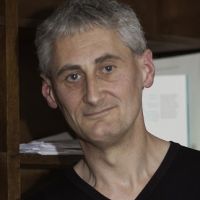 Dr David Parker, see also Dr David Parker | Department of Physiology, Development and Neuroscience
Dr David Parker, see also Dr David Parker | Department of Physiology, Development and Neuroscience
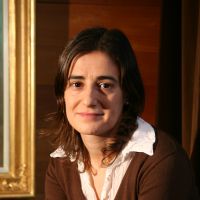 Dr Ana Rossi, see also Dr Ana Rossi | Department of Pharmacology
Dr Ana Rossi, see also Dr Ana Rossi | Department of Pharmacology
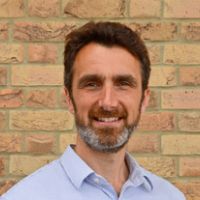 Professor Howard Stone, see also Professor Howard Stone | Department of Materials Science and Metallurgy
Professor Howard Stone, see also Professor Howard Stone | Department of Materials Science and Metallurgy
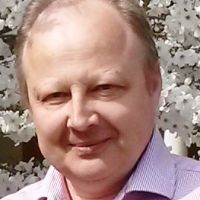 Professor Eugene Terentjev, see also Professor Eugene Terentjev | Department of Physics
Professor Eugene Terentjev, see also Professor Eugene Terentjev | Department of Physics
 Dr Sarah Williams, see also Dr Sarah Williams | Department of Physics
Dr Sarah Williams, see also Dr Sarah Williams | Department of Physics
Find out more
Open Days at Queens'
